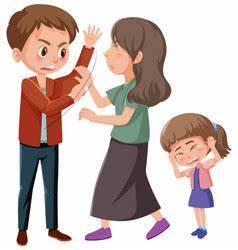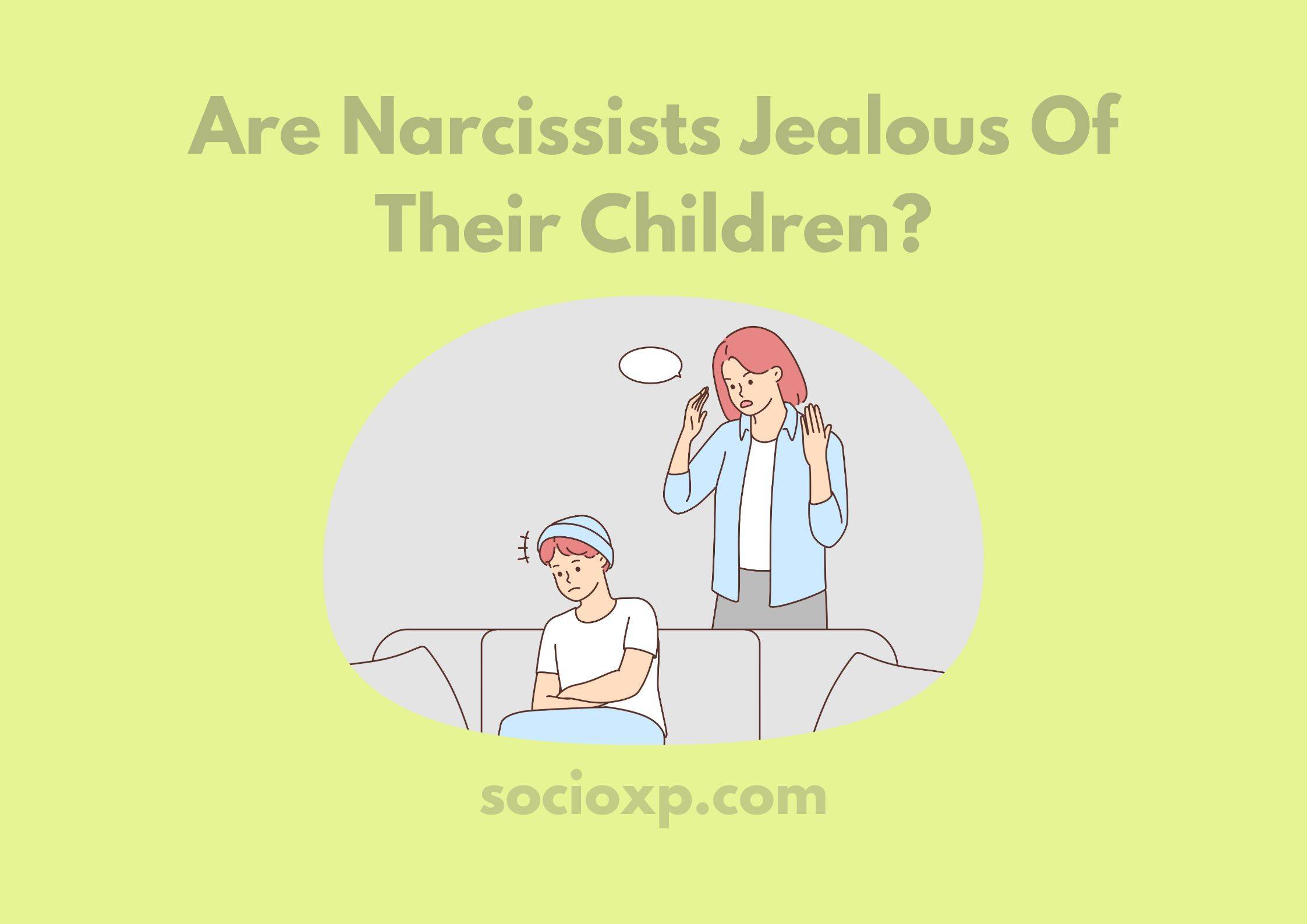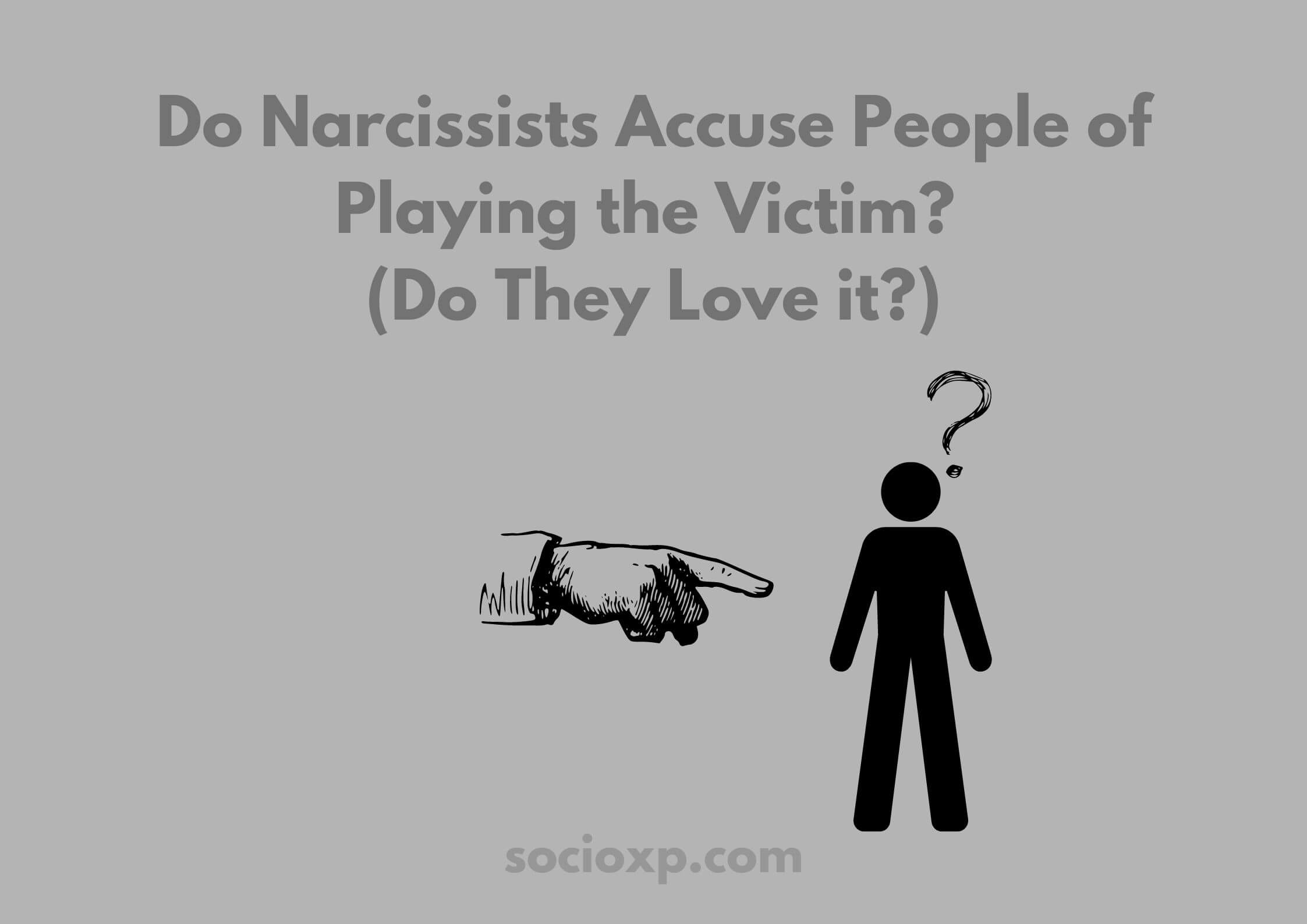How To Protect Your Kids From The Manipulation Of A Narcissistic Parent?
How to protect your kids from the manipulation of a Narcissistic Parent? Parents leave a deep impact on children. Thus having competent parents is truly a blessing. But what if you have a Narcissistic father or a narcissistic mother? Or both narcissistic parents?
Narcissistic parents may leave a negative impact on kids and also harm their growth and development up to their fullest potential. Plants grow and bloom when they have a suitable environment, the same results with kids. They may grow to their fullest when they have supportive parents, but with narcissistic parents, they may be affected as their abusive behavior may lead to adverse behaviors in their kids.

How can Narcissistic Parents impact a child negatively?
Narcissistic parents control their children and they do not prioritize their needs as narcissists are self-centered thus they may always care for what they need, desire, and where they should engage. They lack communication, often break boundaries, and lack respect for their children. They enforce their superiority over their kids and may never really care for what they think, want, or how they feel.
If narcissistic parents make mistakes, they would never admit it, but when the child makes a mistake they may exaggerate it, give harsh punishments, and devalue them which breaks their motivation, and will and instills fear.
When children have such abusive and toxic parents, they may suffer emotional, mental, and physical abuse. Their development and nurturing may be affected as narcissistic parents lack warmth and understanding. They also lack love and may treat children like they do not matter.
Narcissistic parents would go up to any limits to gain attention and or gain whatever they wish for. They might intentionally wish to engage in fights with their children to make them feel inferior either by comparing them or belittling them.
This makes the kids conflicted, anxious, and mentally disturbed, and may develop many negative defense mechanisms.
How to protect your kids from the manipulation of a Narcissistic Parent?
Supportive Parenting and protective practices can make your children open to you and thus you can prevent any misleading harm that can create traumatic memories for your children. Thus protective and preventative parenting practices can safeguard your kids’ childhood.
When you identify the problems that your children may be facing, and developing certain behaviors as defense mechanisms, this situation is alarming enough. You know you are not the issue, so the other parent may be.

Your kids may start developing negative habits, behavior, and traits and even they may start acquiring negative behavioral traits. This is high time you must protect your kids, and save them from narcissistic parents.
Acknowledging the fact that your partner may be narcissistic, and they may be leaving a negative impact on your kids. Your kids might have adopted many negative things from them, and now you need to filter all that and implant new positive feelings, emotions, and traits that may heal your kids’ traumatic experiences that they may have faced unit now.
1. Help them sort out the truth and reality
Until the kids mature enough, they may need a sieve to filter and figure out what is needed and what is unwanted. They need space, time, and a reality check, for them to sort out what is right, real, and aligning for them. Kids are innocent and until they mature, they may believe in fantasies, fairy tale people, and make-believe situations.
So how to help them sort out the truth and reality?
You need to filter and arrange the truths so that they can identify on their own. The basic principle allows them to choose and identify what is wrong and right in given situations. They should also be able to tell the difference between truth and falsehood.
Allowing them to learn through engaging ways about the truth is much more suggested rather than a serious pep talk.
2. Give them a safe space
When a child feels protected they can be more open about how they feel and what they go through in their lives. Children always run to a safe parent while they are in trouble, so be that parent! Creating a safe space either includes separating ways with your narcissistic partner, or teaching your kid to differentiate between how their behavior is wrong and they do not need to learn that.

But the latter is a little difficult, as kids would adopt what they see, hear, and face. Thus co-parenting with a narcissistic parent would not be ideal.
If you have already parted ways with your narcissistic partner, co-parenting would also make a difference and leave a negative impact on kids as they might already have been through a lot by witnessing their parent’s divorce.
So how can you be a safe parent?
Safe parents create healthy and happy children. Toxic and abusive parents would create monstrous and horrendous kids. Have routines that may be healthy for your kid. Create rituals that may teach good and positive behavior. Instill that fear of consequences, so that they do not cross the threshold of good and positive behavior.
Create a peaceful home by eliminating toxic people, moving away from bad environment that may leave a bad impact on your kids, trying to heal all their traumatic childhood memories with the help of a therapist, and being the parent that the child may look up to be. Be their motivation, support, and ideal image of a competent person.
3. Do not make them feel targeted
If you have grown-up kids, who might already have had a traumatic childhood and might have the negative influence of a narcissistic parent, then do not interfere too much in their life. Yes! surely help them to heal from their past experiences, but do not make them feel targeted by questioning their life choices.
You must remember here that they had both a negative and a positive influence while they were growing up, so there are possibilities that they may have either adopted the positives from you or the negatives from the narcissistic partner. So do not impose what is right for them, let them choose what is ideal and aligning for them.
Do not be secretive, interrogative and too interfering in their life. Instead, always be there for them when they need you the most in difficult life situations.
How can you be helpful instead of interfering with your kid?
Being a good listener helps here. Do not just impose your thoughts on them, try to listen to what they think and why did they act in such a manner. Let them vent out without making them feel guilty or also not providing immediate solutions. Do not teach them on the spot, let the topic settle in for some days, and then make it a teachable moment.
4. Do not make them the median of your conflicts
Do not drag your kids into your conflicts. The narcissistic parent would already be doing that and triangulating situations in their favor. But you should not do the same. Ask your kid what you need to discuss some things with your partner, and they can’t be a part of that, they will be updated later. Do not make your child the messenger that carries your messages to and from.

If you are co-parenting with your narcissistic partner after parting ways, stick to the ordeal and restricted communication methods.
5. Validate your child’s Feelings
Make your child feel that they are important and they are enough the way they are. No matter what your child may be feeling, do not devalue those feelings, and be okay with their emotions and thoughts.
Keep reminding them that you love them and acknowledge their existence. Make them figure out on their own that you are their safe parent and also help them deal with their difficult emotions.
How to validate your child’s feelings?
Thank them for sharing their feelings, validate them, and accept them as they are without having too many expectations from them. This helps preserve their self-esteem.
6. Keep it Neutral
Keep the atmosphere neutral for your kid, by reducing the conflict, and controlling your negative emotions in front of your kid. The other parent is already creating a negative atmosphere for your kid, so you need to be neutral and give them a conflict-free atmosphere. Make them feel secure and good about themselves.
7. Be open with them
Providing this information to children may be difficult as they may not be able to understand the mental health disorder completely and it might take some time for them to understand why the other parent behaves so or how they do not need to learn the negative behavioral traits.
If your child is younger they may not be able to understand the meaning of narcissism, and might just go around repeating whatever they learned, and, might also discuss the same with the other parent. So be careful about your younger children. If your children are mature enough, they will understand this and try to find ways to cope with their narcissistic parents.

How to do this?
Children may easily absorb the wrong and negative behavior of their narcissistic parents. So explain to them that this behavior is not appropriate and normal.
Here one thing is important the children need to know that it is not their fault and they do not need to be defensive and insecure with everyone as they do with their narcissistic parent.
If your children are of a mature age, they might find ways to cope with all the anger, manipulation, and abuse in their creative ways.
Is Co-Parenting with a narcissist advisable?
Shared parenting arrangements may be tough on kids and on the parents too. It may even be tougher when one of the parents is a narcissist. However co-parenting with a narcissistic partner is possible safely and efficiently by communicating efficiently, keeping minimal expectations, organizing responsibilities, and building healthy boundaries.
Final Thoughts
The presence of a narcissistic parent can impact your children negatively. Remember that protecting, your children from manipulative narcissistic parents is important to create a nurturing and safe environment for your children.
- What happens when you tell a narcissist they are a narcissist? – Reactions and Rationale - November 7, 2025
- What to expect when the Narcissist knows you know? – 11 Potential Reactions - November 6, 2025
- How does a Narcissist respond to No Contact?: 10 Plausible reactions - November 6, 2025


